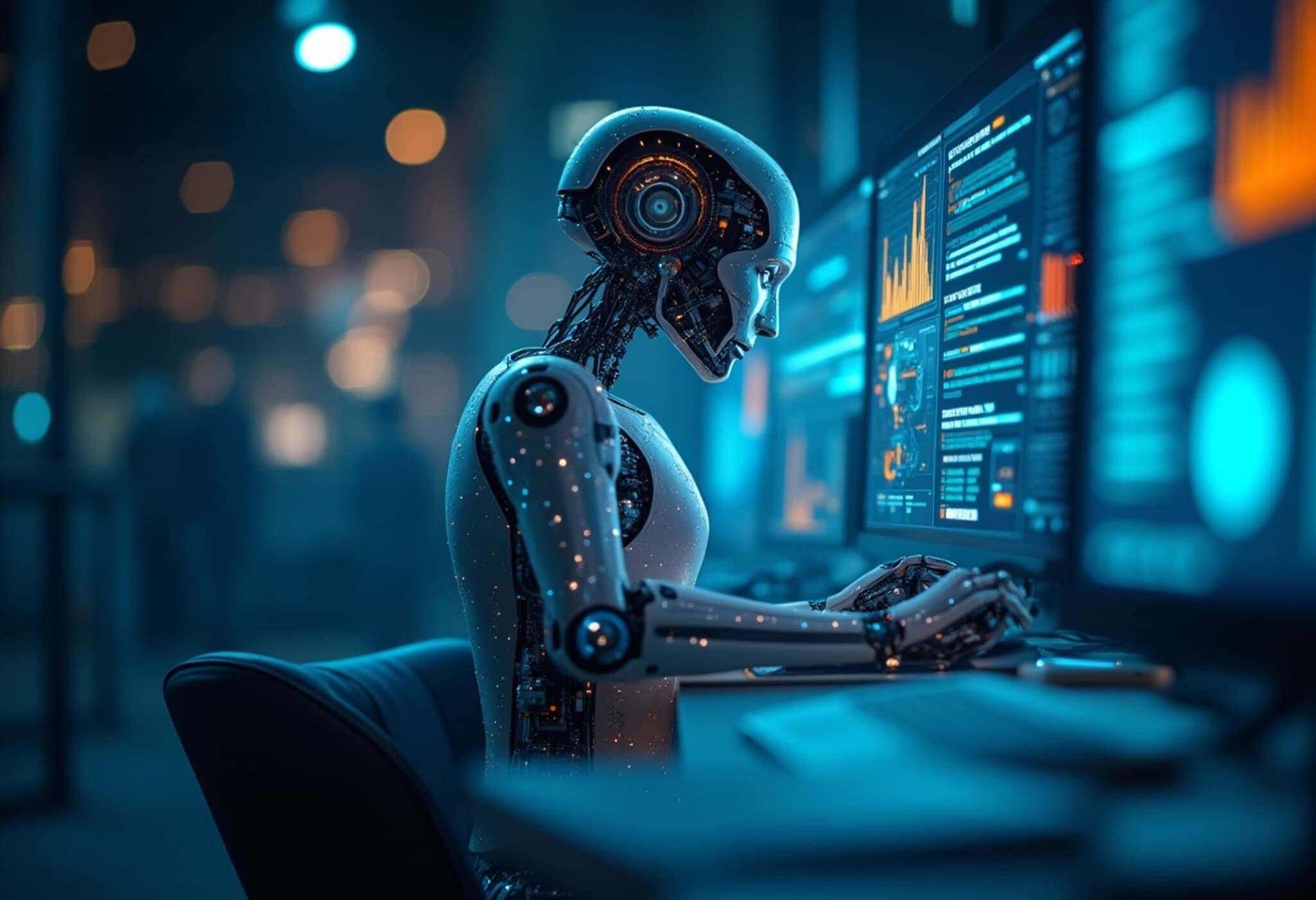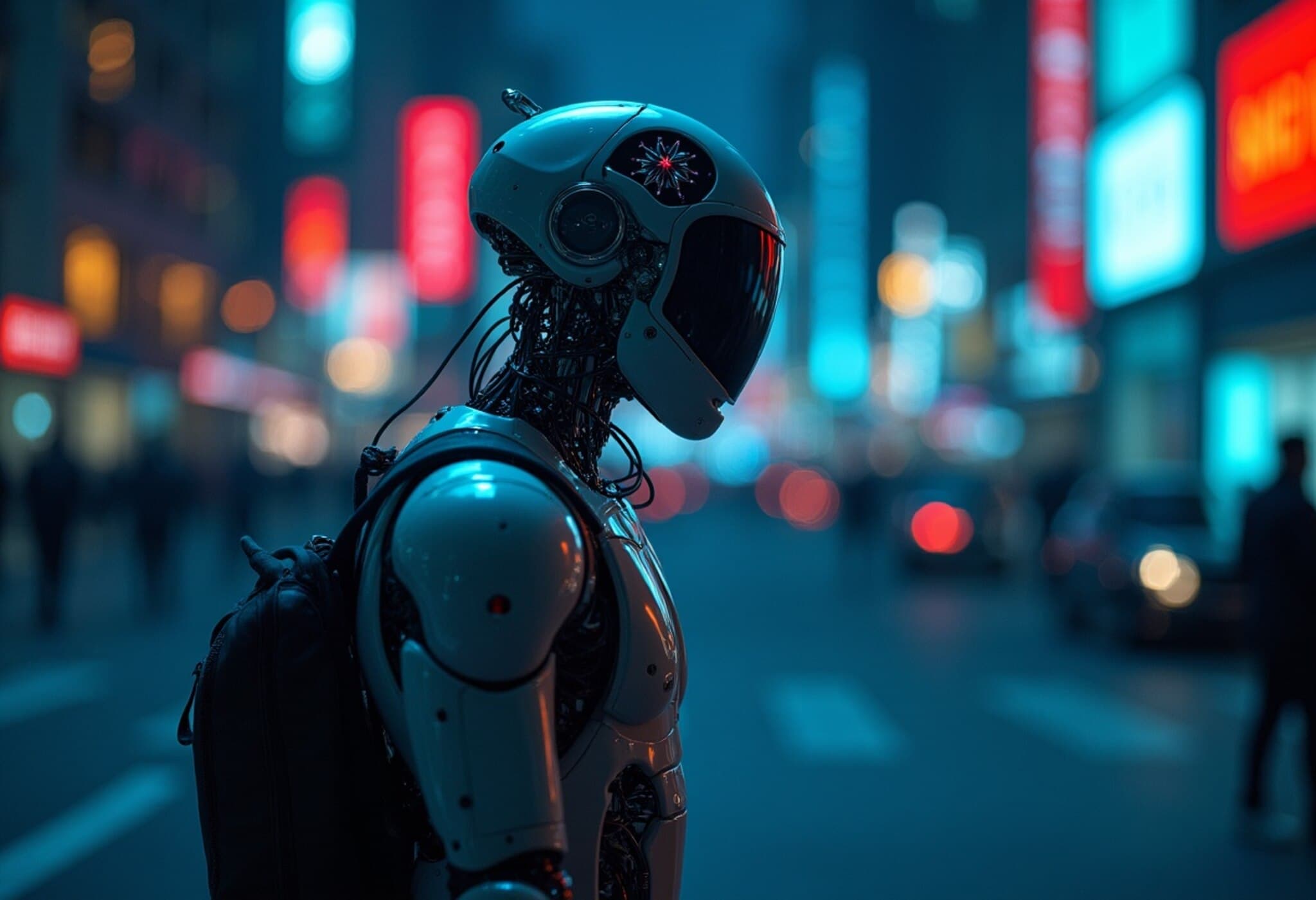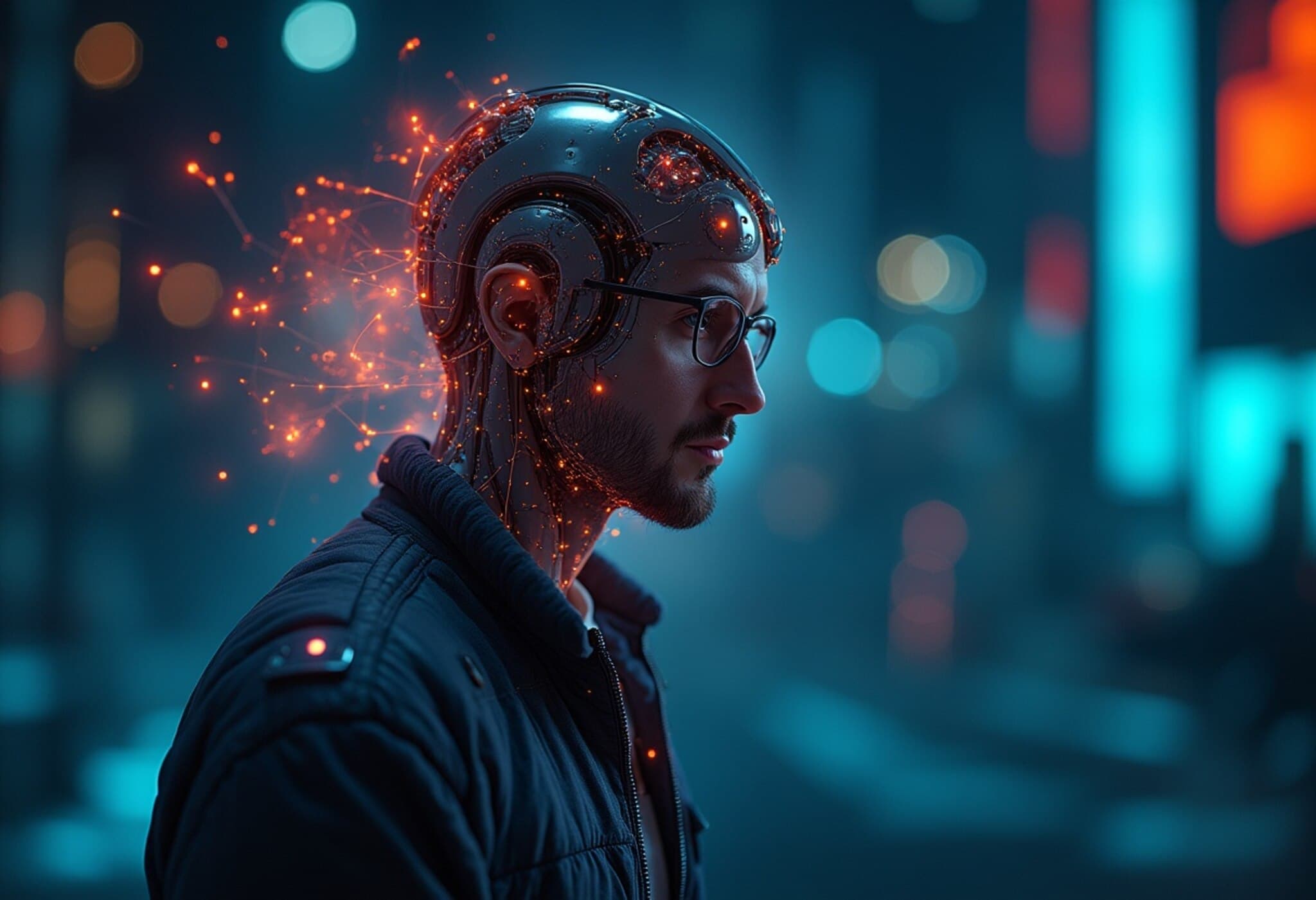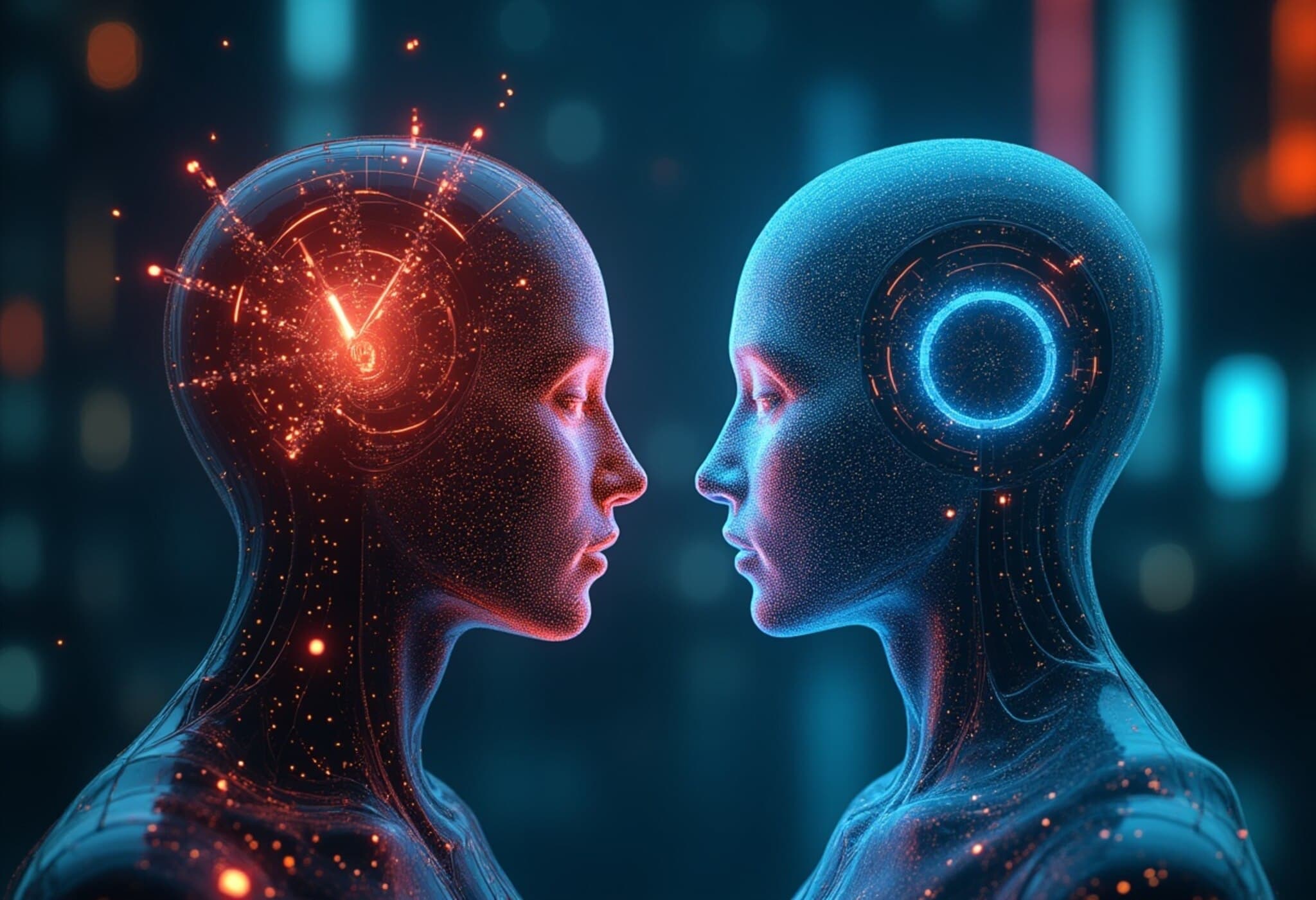Salesforce AI Integration Surges, Driving Major Workforce Changes
Salesforce is rapidly expanding its use of artificial intelligence to automate core operations, with CEO Marc Benioff revealing that AI now contributes between 30% and 50% of the company’s workload. This shift signals a profound transformation in the technology sector, where businesses are increasingly leveraging AI to boost efficiency, lower costs, and reshape workforce dynamics.
AI’s Role in Reshaping Tech Workforces
As corporations seek innovative ways to streamline processes, AI has become a key driver behind sizable organizational restructuring. Earlier this year, Salesforce cut over 1,000 jobs amid a broader strategy to integrate AI more deeply into its operations. This trend is not unique to Salesforce—several tech companies are adjusting their workforces to align with AI capabilities.
- Cybersecurity firms have similarly downsized; for example, leaders report workforce reductions connected to AI adoption.
- E-commerce giants are also utilizing AI to optimize roles, signaling a wider industry shift toward automation.
AI Accuracy and the Future of Digital Labor
Benioff described the AI transformation as a "digital labor revolution." He estimated Salesforce’s AI systems have achieved around 93% accuracy—a significant milestone that illustrates how efficiently AI can now perform complex tasks. However, he cautioned that perfect accuracy is unattainable, noting that some competitors lag behind due to limited data access.
"It's pretty good," Benioff remarked, "but hitting 100% isn’t realistic." He emphasized that Salesforce’s edge comes from the vast amounts of data and metadata that power its AI models, resulting in higher precision compared to industry peers.
What Lies Ahead for AI in Business?
The sweeping adoption of AI at Salesforce exemplifies a growing belief that routine, labor-intensive jobs can be automated, freeing humans to focus on higher-value work. This evolution is prompting strategic shifts across companies that aim to balance technological advancement with workforce transformation.
As AI continues to mature, enterprises will likely see accelerated changes in how tasks are allocated and executed, with substantial economic and organizational implications.
Data referenced reflects the state of AI integration as of mid-2025.











